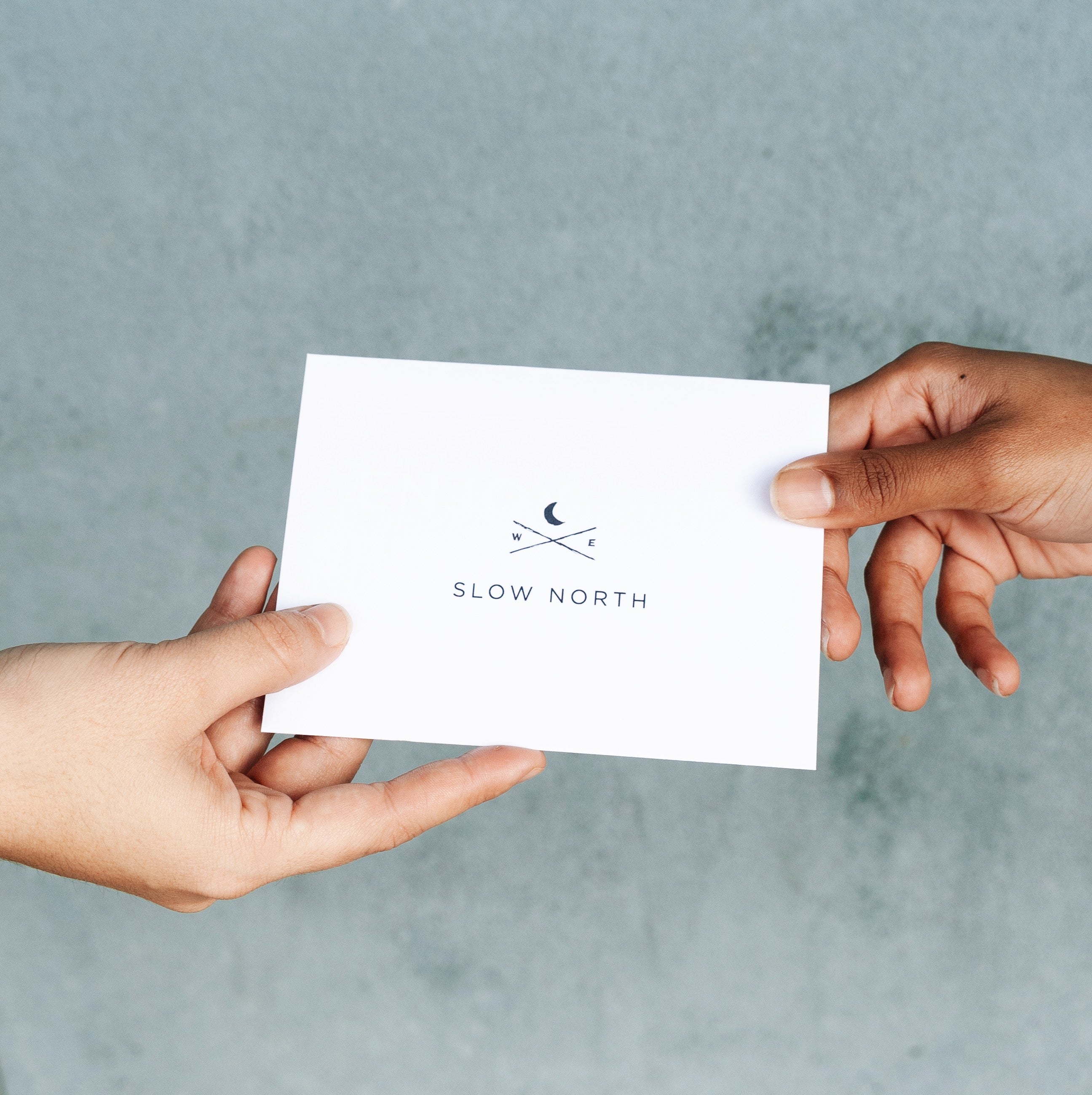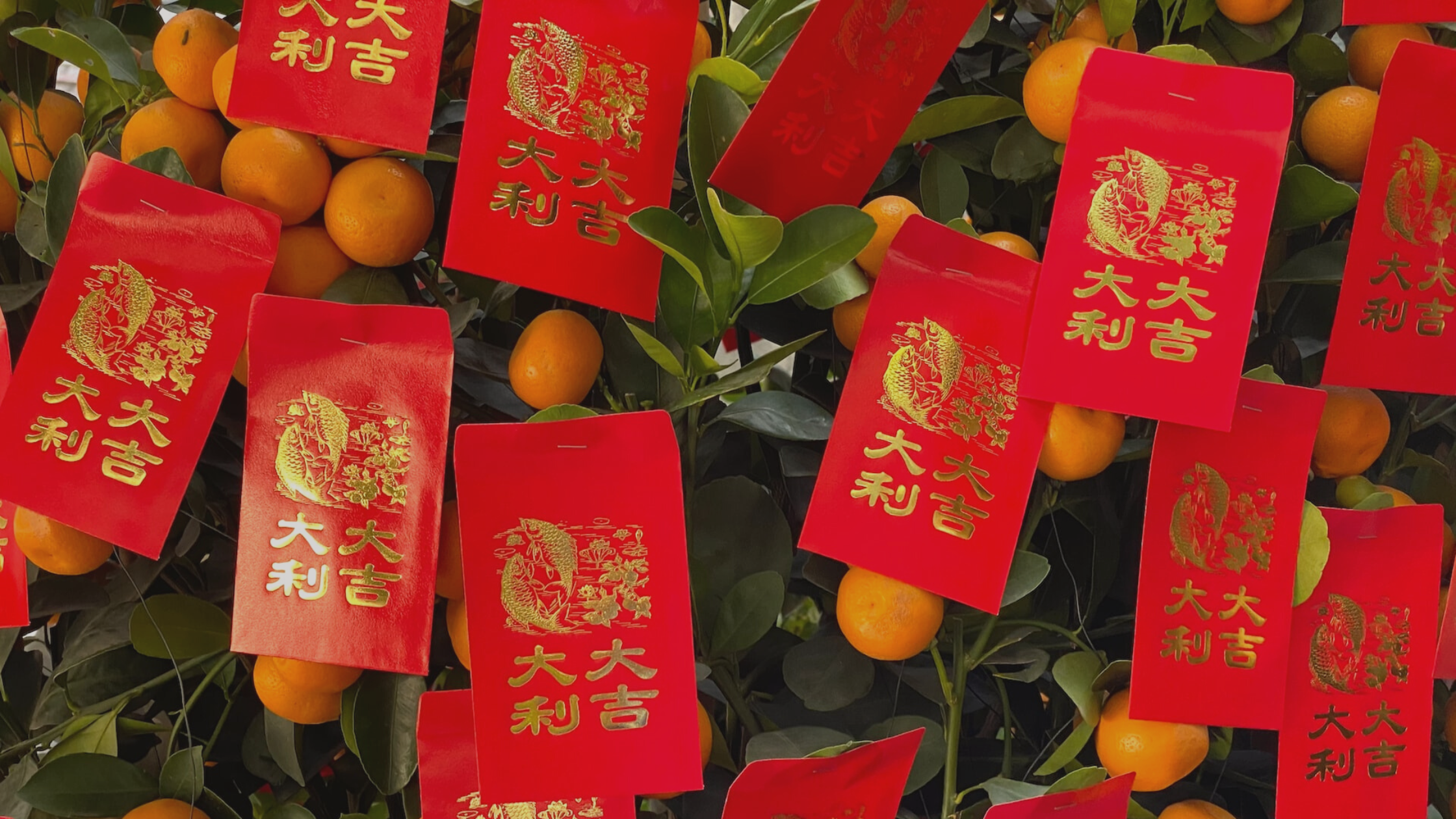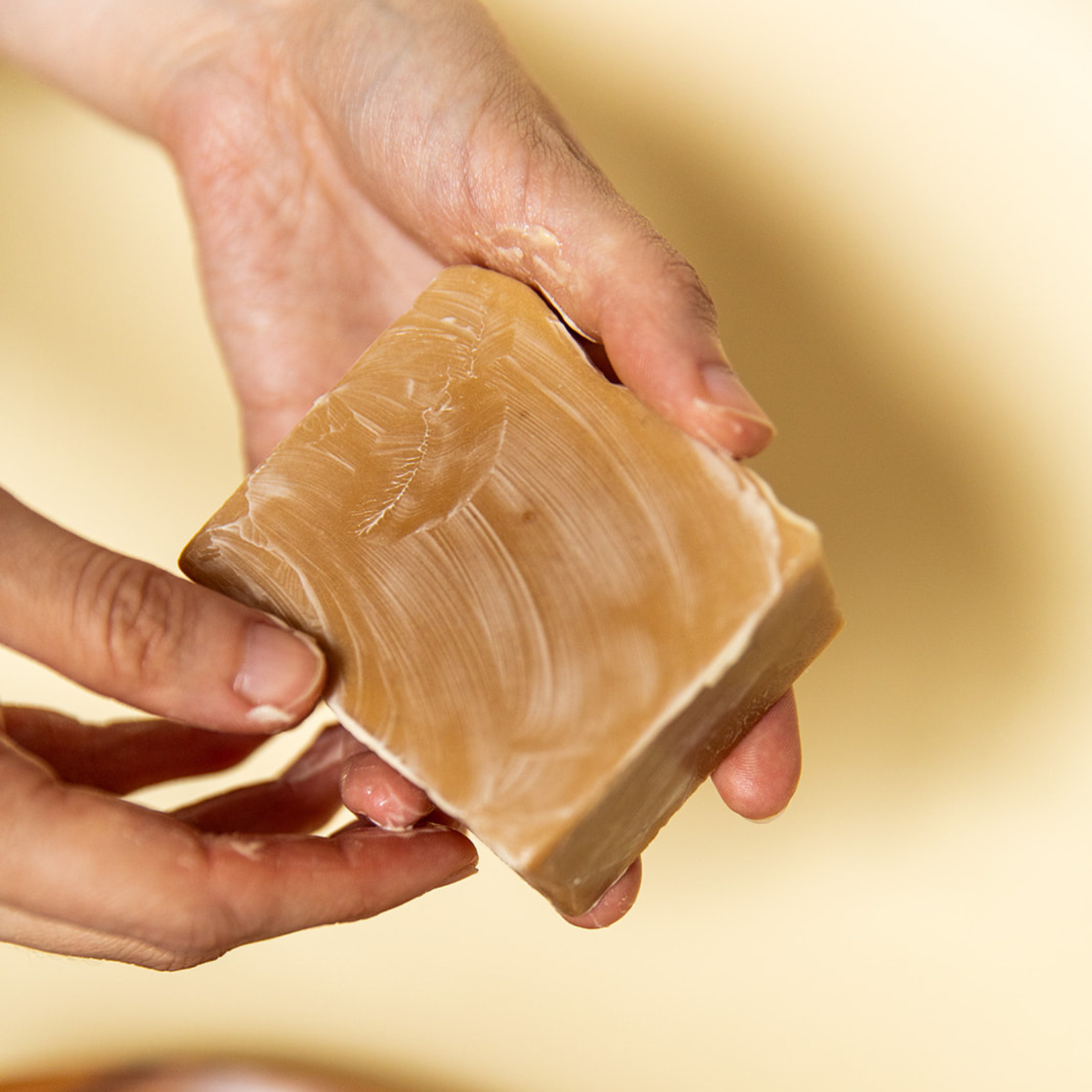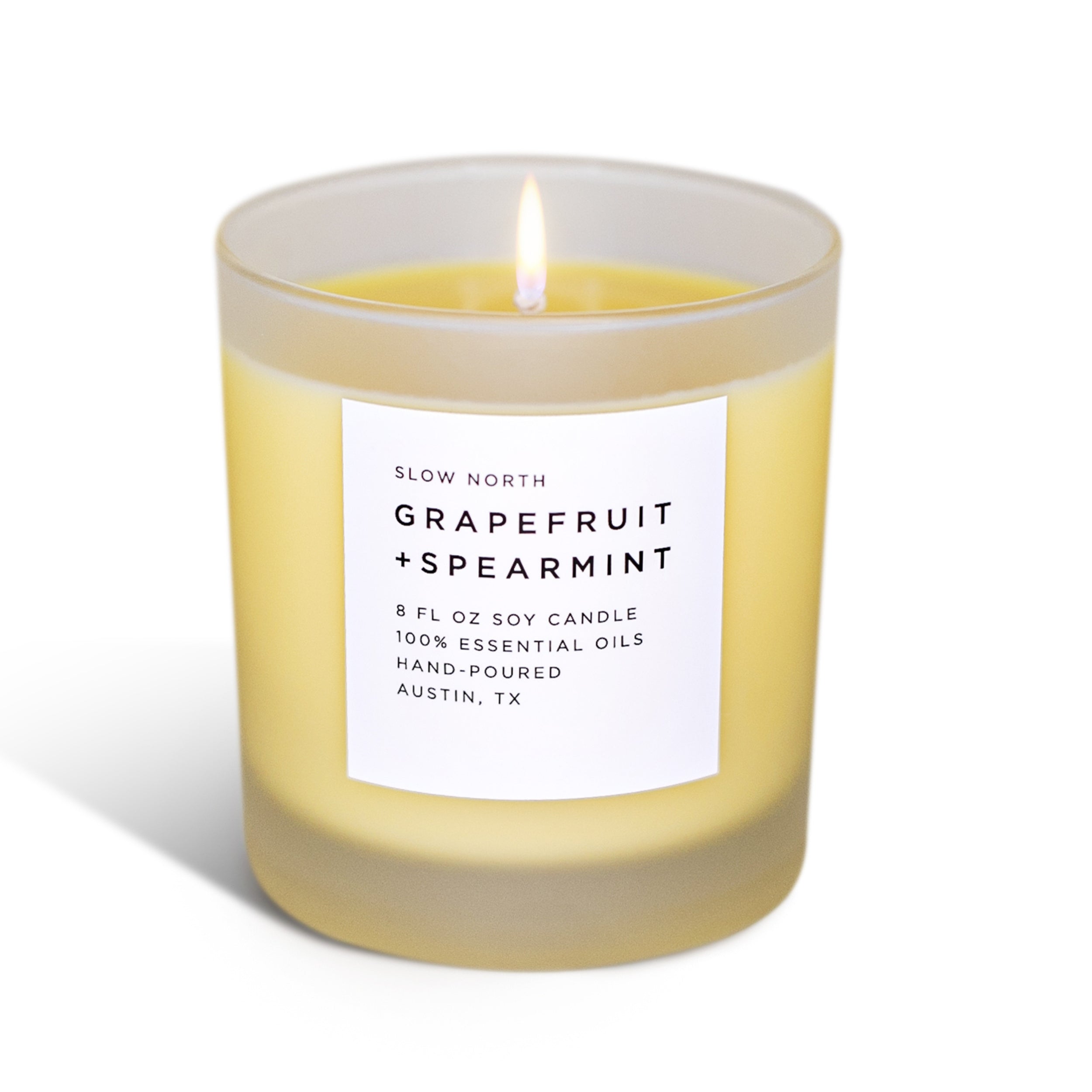Thought the winter holidays were over? We have good news for you — they’re not over just yet. As the December holiday season comes to a close, another festivity approaches: the lunar new year, also known as Chinese New Year.
 Photo by Yuwei Shaw
Photo by Yuwei Shaw
Though it’s predominantly celebrated in countries across Asia, people ring in this 15-day holiday around the world. This year, the lunar new year falls on January 22 and lasts until February 5. It marks a celebration of renewals, new beginnings, and good fortune — and it’s also the start of the Chinese Zodiac Year of the Rabbit.
So what does all that mean and how can you take part in the celebrations?
What Is Chinese New Year?
The Chinese New Year celebrates the renewal of the lunar year.
Here in the western world, our years are based on the amount of time it takes for the sun to orbit the Earth — 365 days. But in cultures that follow a lunar calendar, the new year occurs roughly every 354 days. Generally, there’s an extra month added to mark the lunar new year so it falls closer to the solar new year, which means it can fall on a different day every year.
Much like the solar new year, the lunar new year is revered as a time for fresh starts.
A massive 15-day celebration is held across 20% of the world to ring in the Chinese New Year. These celebrations are predominant throughout most of Asia, as well as in other cultural hubs like London, New York, and San Francisco.
 Photo by Rumman Amin
Photo by Rumman Amin
Across these 15 days, communities are decked out in red, the traditional color of luck and prosperity, and family members travel all over the world to reunite with loved ones, honor their ancestors, and look to the future. On February 5, celebrations across the world culminate with a stunning lantern festival, with thousands upon thousands of paper lanterns drifting dreamily into the night sky.
Although Chinese New Year and Lunar New Year are often used interchangeably, this week is also referred to as the Spring Festival in China. Sure, spring is still a little far off, but much like the winter solstice, this festival rejoices that the darkest days are behind us. It serves as a reminder that now is the time to look to brighter days ahead. Many Chinese traditions center around shaking off past bad luck, focusing on future prosperity, and spending time with family.
The Year Of The Rabbit
Each Lunar New Year, the Chinese Zodiac moves to the next animal in their zodiac cycle. Each animal has its own energy that it provides to the year ahead (as well as to the born during that year.) According to this system, the animal of your birth year can dictate things like your temperament and personality, your ideal career, and the kinds of relationships you’ll cultivate throughout your life.

This upcoming lunar year marks the Year of the Rabbit. Those born this year, or a previous Year of the Rabbit, are expected to be quiet but confident and make excellent scholars or creatives. They are determined and don’t let naysayers get them down. But don’t let their quiet, careful demeanor fool you — they’re far from boring! They love to socialize and spice up their routine with spontaneity when the opportunity arises.
What does the Year of the Rabbit mean for the rest of us? The peaceful energy of the rabbit is (hopefully) going to bless us with a harmonious year. (Check out more of the Chinese Zodiac 2023 Horoscope here.)
Want to join in the lunar new year celebrations? You can see what kinds of events are being held near you. Soak in the prosperous energy for the new year, shake off any of last year's lingering bad luck, and enjoy the festivities!
Cecilia Seiter
Cecilia is a freelance writer and contributor to Slow North. She writes largely about sustainability, especially as it applies to beauty, wellness, and the future of technology. She is a graduate of the journalism department at Cal Poly, San Luis Obispo and is based in Oakland , CA.
































